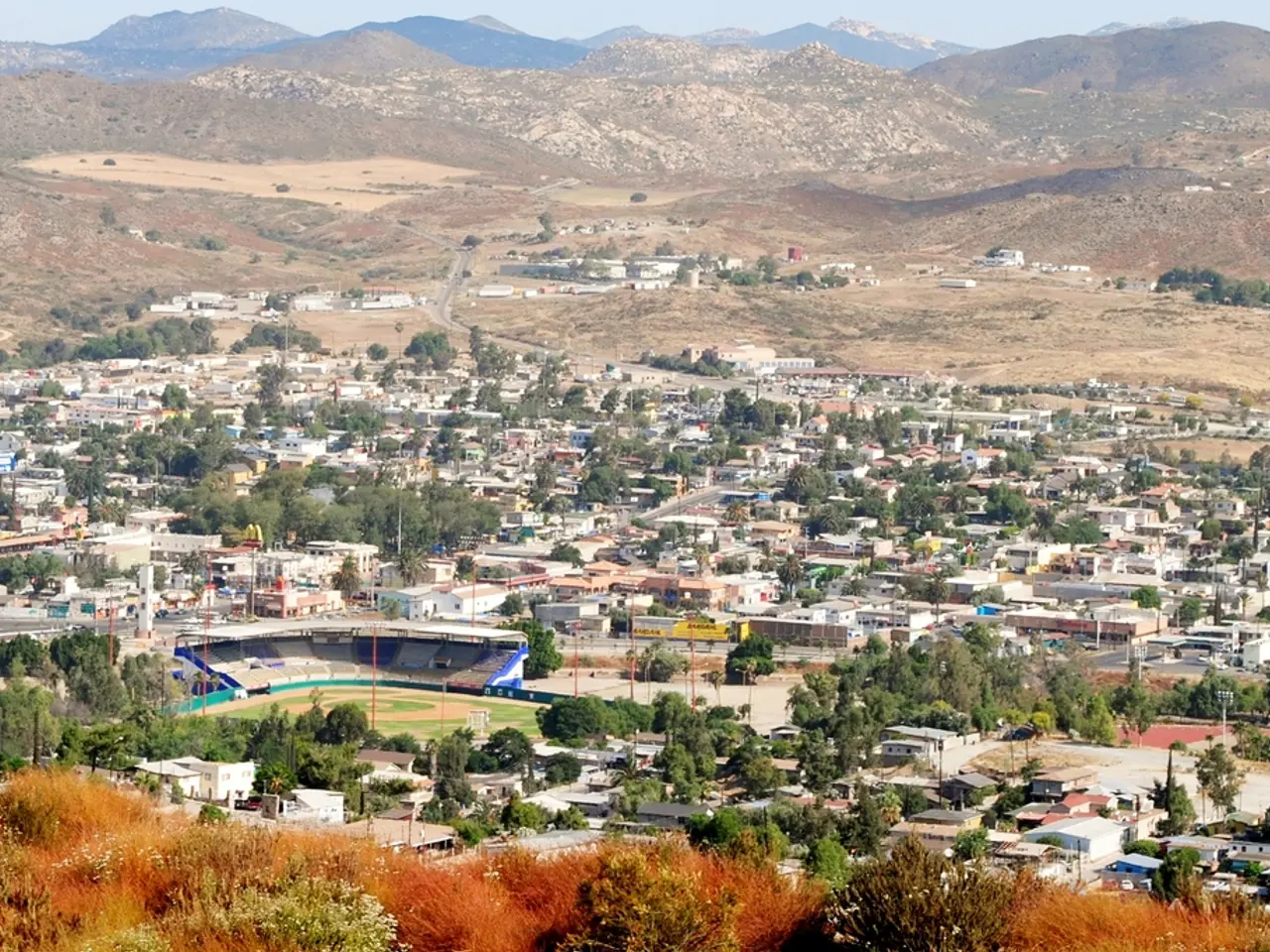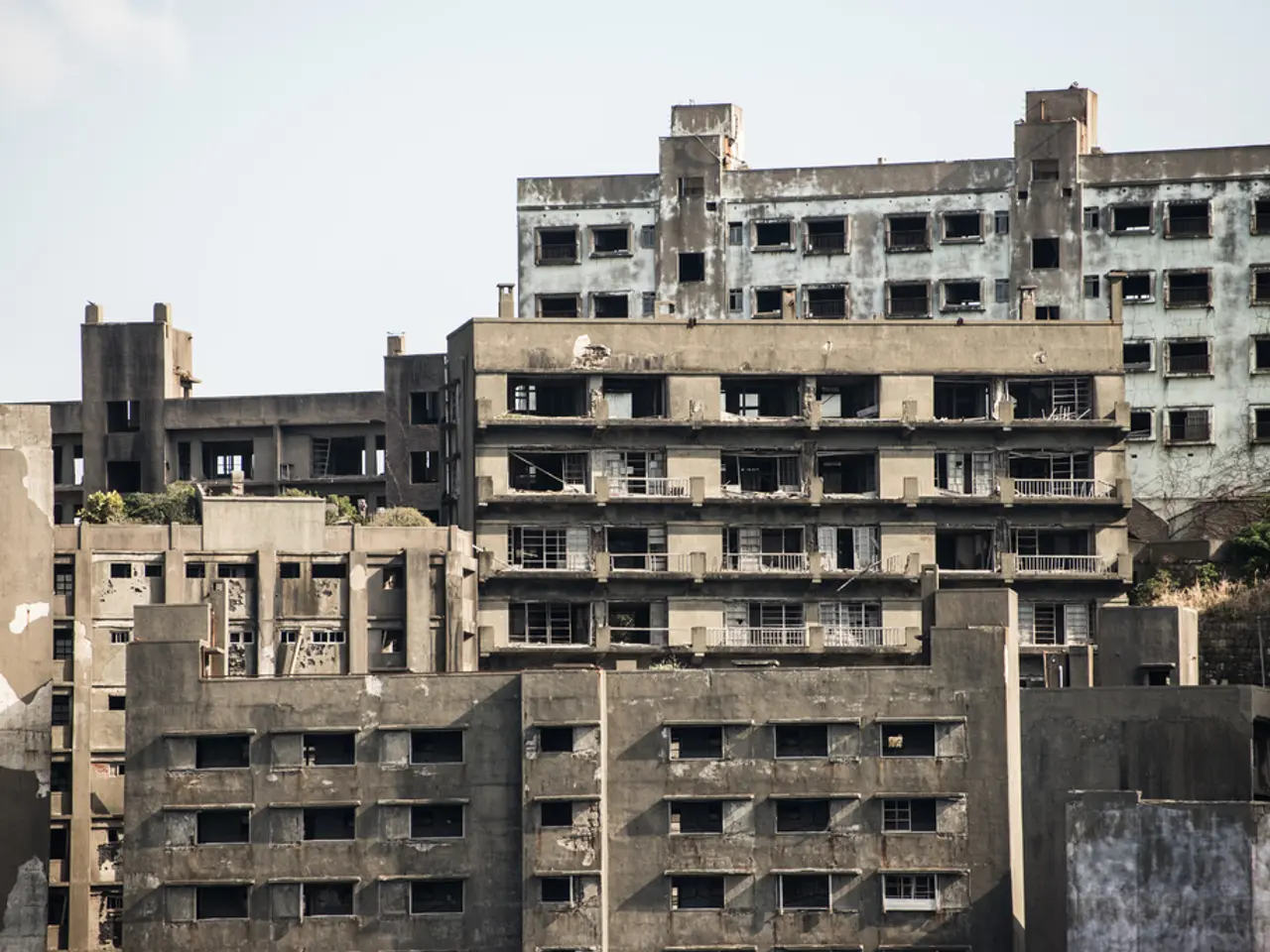Israel possesses the capability to access all Iran's nuclear installations, as stated by Netanyahu.
Title: Israel Aims to Strike All Iranian Nuclear Sites: Netanyahu
Social Media Links: Facebook ∙ Twitter ∙ WhatsApp ∙ Email ∙ Print ∙ Copy link
Israel Ready to Take Down All Iranian Nuclear Sites — Netanyahu
Israel has the ability to attack all of Iran's nuclear facilities, according to Prime Minister Benjamin Netanyahu. Speaking to the Israeli TV channel Kan, he stated, "I've set a goal to reach all our targets and all their nuclear facilities. We have the capability to do so." Despite the PM's statement, he did not provide any additional details.
Experts have suggested that the U.S. would need to provide support for Israel to disable the nuclear complex in Fordo, which is deeply buried and only considered vulnerable to "bunker-buster" bombs by Western nations. Israel's military capabilities, however, seem different from these assessments, according to Netanyahu.
The conflict between Israel and Iran has been escalating for days. Both sides have suffered casualties since the war began. Netanyahu has confirmed that Israel has hit half of Iran's rocket launch sites, stating, "It's not about how many rockets Iran has, but how many launch sites they have. I believe we have already reached half of the rocket launch sites they have."
Politics
According to unnamed sources, President Donald Trump is expected to make a decision regarding U.S. involvement in the war against Iran within the next two weeks. The U.S. possesses the necessary "bunker-buster" bombs required to destroy the deep underground uranium enrichment facility in Fordo.
Netanyahu: We're Ahead of Schedule
Netanyahu revealed that the Israeli military is "ahead of the schedule" in its war operations against Iran, although he declined to specify the exact stage of the conflict. He added that Israel's military attacks are overwhelming and surprising its adversaries.
Possible Regime Change
Netanyahu did not declare regime change in Iran as Israel's immediate war goal. However, he hinted that a change of regime could be a result of the ongoing war, commenting that the fall of the regime is primarily a matter for the Iranian people.
Speculations and Controversy
Rumors suggest that Israel may aim to topple the Iranian regime through its targeted strikes on government symbols. Defense Minister Israel Katz referred to the Iranian Supreme Leader Ayatollah Ali Khamenei as the "modern Hitler." If Israel's army had been present during World War II, Katz suggested, they would have also killed Hitler.
Israel's President Isaac Herzog clarified that the war does not aim to kill Khamenei or pursue regime change. However, he did not rule out that such a consequence could have significant historical implications, benefiting the Iranian people.
- Israel
- Iran Conflict
- Iranian Nuclear Program
- U.S.
- Benjamin Netanyahu
- Diplomacy
- Ayatollah Ali Khamenei
Enrichment Data:
- Israel has the operational capacity to launch airstrikes against Iran's nuclear facilities, including deep underground sites like the Fordo facility[ 1 ].
- These strikes are part of a preplanned campaign aimed at neutralizing Iran's nuclear capabilities and military assets[ 1 ].
- Negotiations with Iran regarding its nuclear program have been suspended for over two years as of June 2025[ 2 ].
- The latest attack on Iran in mid-June 2025 targeted various nuclear sites and military assets[ 2 ].
- The U.S. has been a key supplier of military aid to Israel[ 1 ][ 2 ], although the U.S. has publicly maintained it is not directly involved in the Israeli military actions[ 1 ][ 2 ].
Sources:
[1] "Iran conflict: Israel strikes dozens of targets in Iran in largest incidents since 1981," BBC News, June 14, 2025, https://www.bbc.com/news/world-middle-east-57524053
[2] "Israel attacks Iran: Conflict explained," Deutsche Welle, June 14, 2025, https://www.dw.com/en/israel-attacks-iran-conflict-explained/a-58646430
- The Commission, tasked with ensuring worker safety, has also been asked to submit a proposal for a directive on the protection of workers from the risks related to exposure to ionizing radiation, given the ongoing tension and potential military actions in war-and-conflicts zones such as the current Israel-Iran conflict.
- As the politics surrounding the Israel-Iran conflict continue to escalate, with the U.S. reportedly considering involvement, the European Parliament should urge diplomatic negotiations rather than supporting military actions, given the risks and potential repercussions for general-news headlines and international stability.








